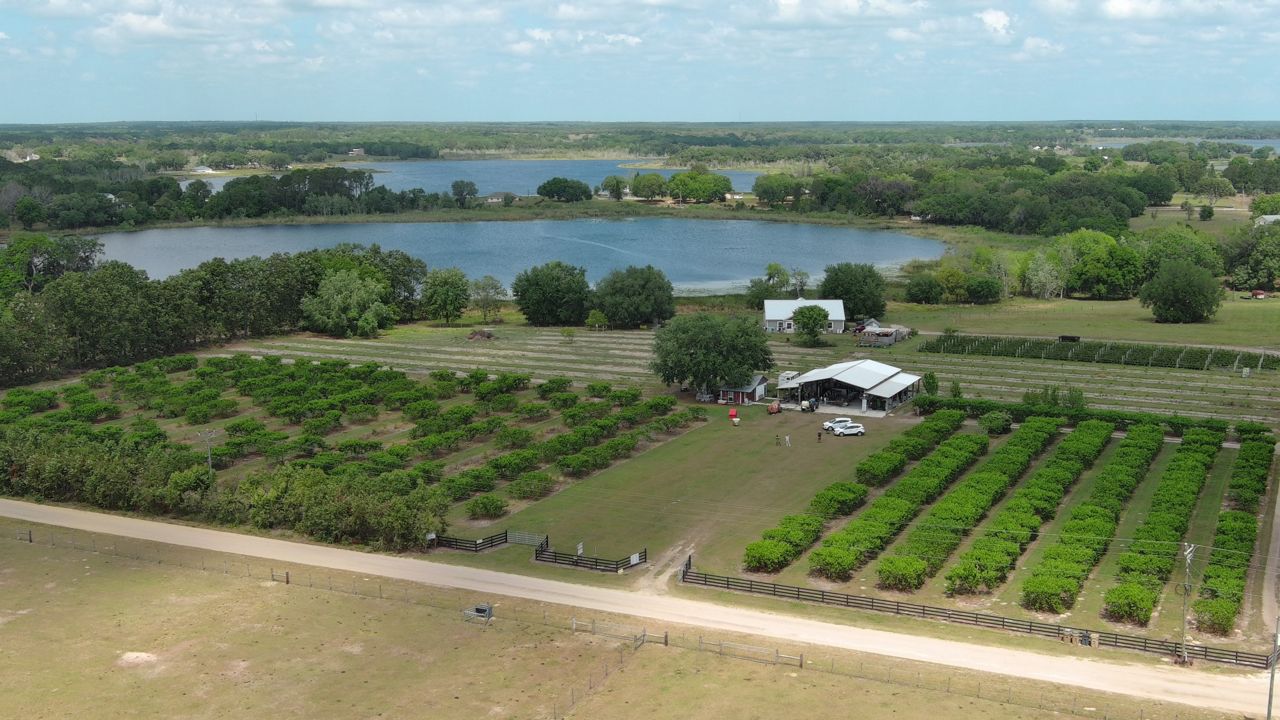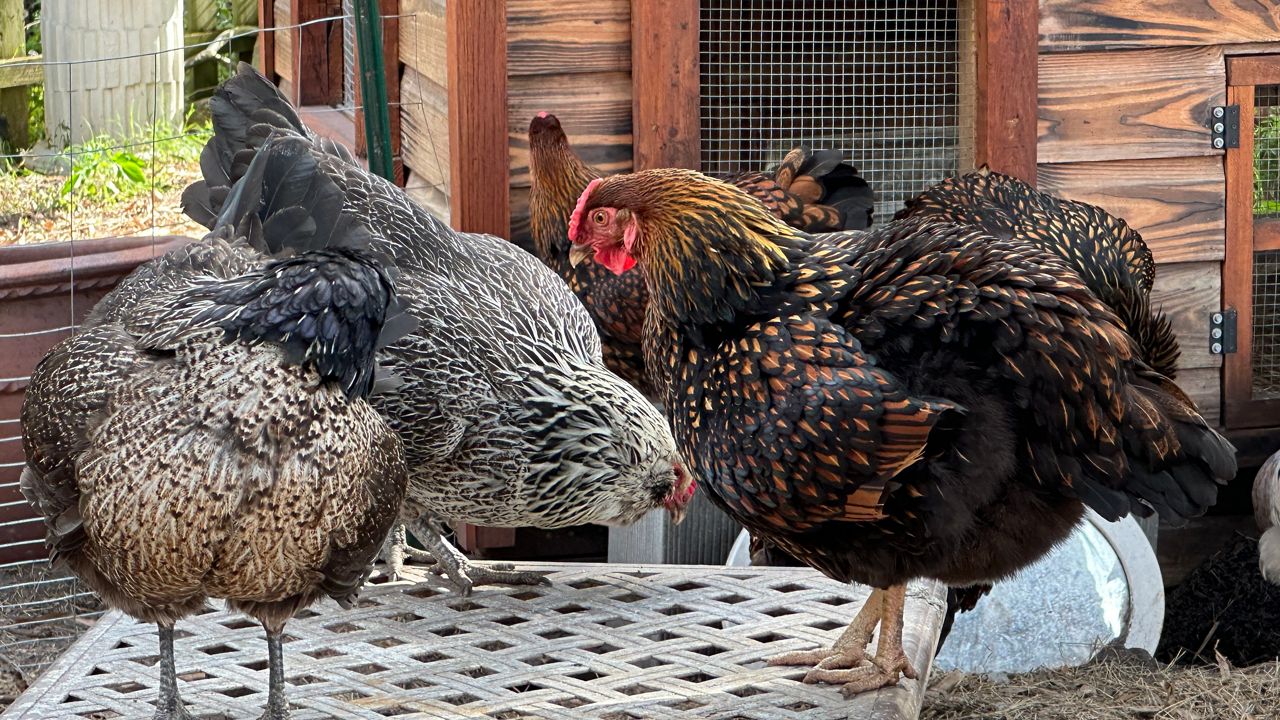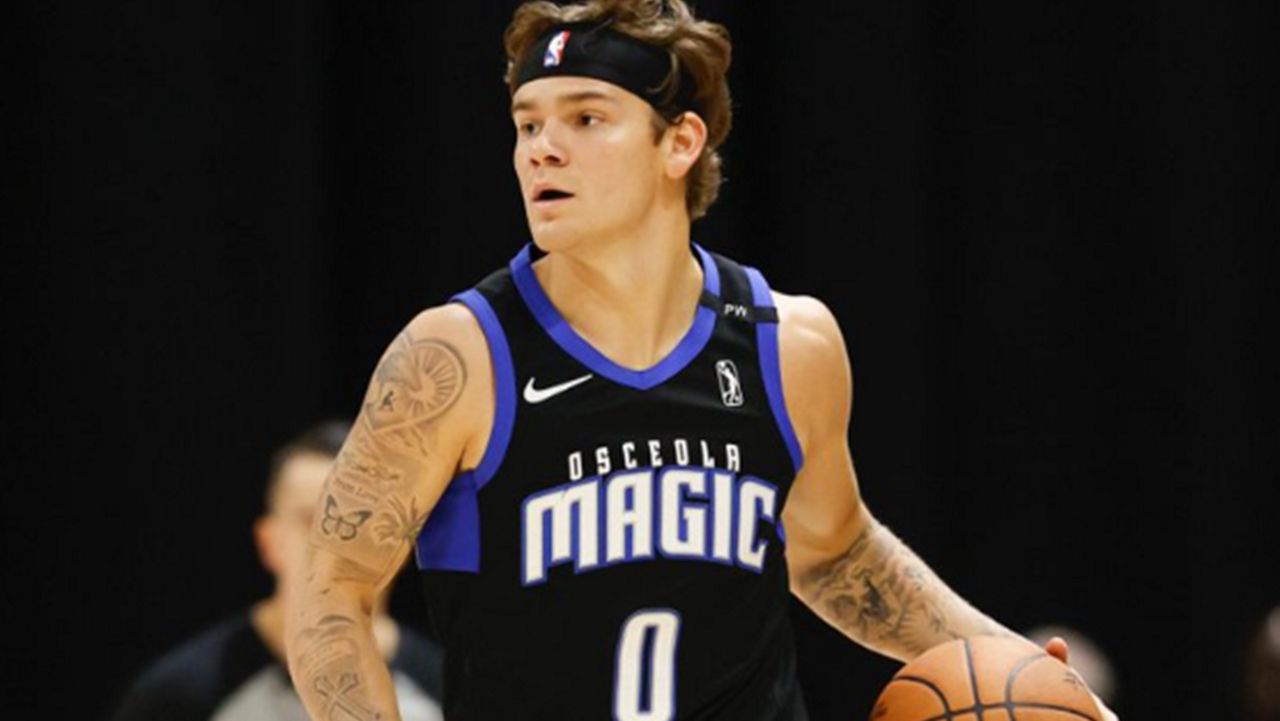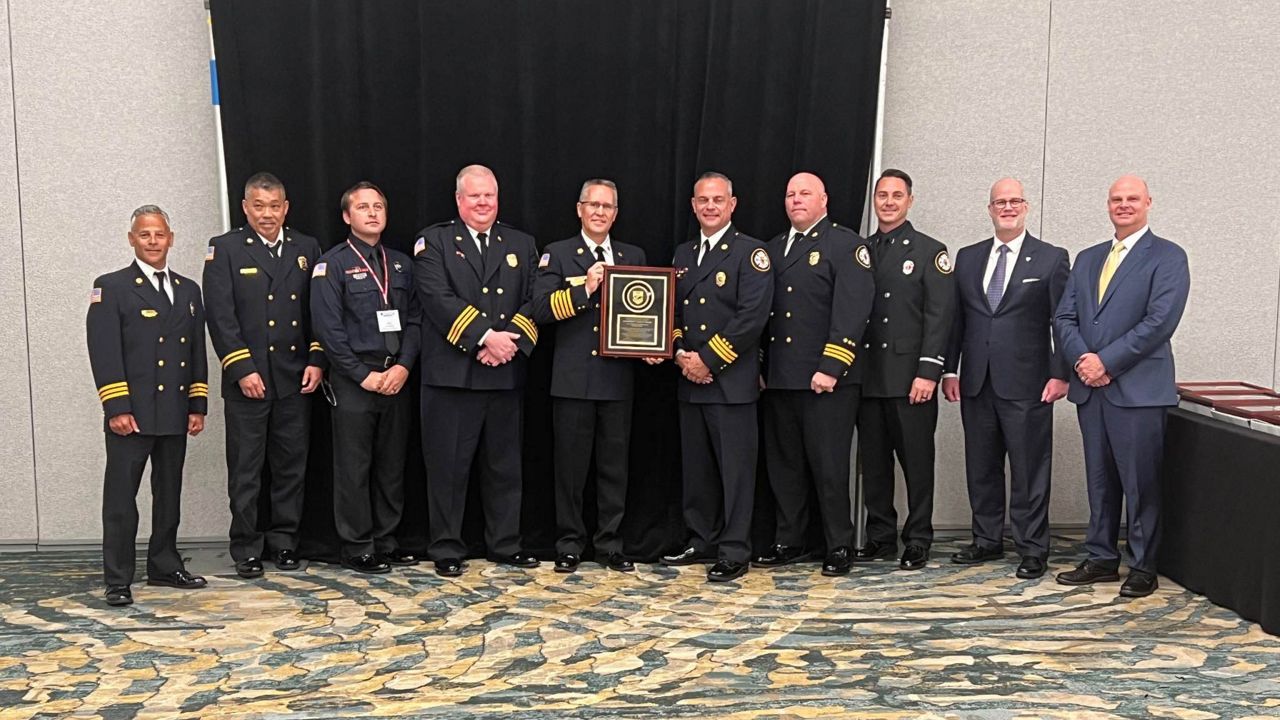ORLANDO, Fla. — According to Green America, a nonprofit focused on environmental issues, 43 million tons of chemicals are used in textile production every year.
Within the recent years, there’s been a focus on the fast fashion industry, leading to overconsumption by consumers, poor working conditions, and even how the industry contributes to increased clothing disposal and waste.
Amid consumer push, some companies — including one right here in Central Florida — are looking at ways to be more sustainable and environmentally friendly.
One Lake Nona business is hoping to be the solution to this global issue by using seaweed.
Inside Soarce’s Lake Nona lab, co-founders Patrick Michel, Mason Mincey and Derek Saltzman are re-engineering algae, helping make high performance material in a non-toxic way.
“Can we change the way we source something, can we change the way we refine it, and can we change the final product at the end?” said Mincey.
Rather than using a common source, like fossil fuels, the company Soarce, starts with seaweed. These three UCF alumni unlocked how to keep the product clean through the entire process. That became their game changer.
“The fashion industry produces about 10% of the global greenhouse gas emissions, but over half of that comes from one stage of the manufacturing process, called the processing and treatment stage. That’s pretty much where you’re cleaning fabric, removing the impurities, you’re dying the material and you’re putting post-treatments, like protective coating, fire retardancy — that stage alone causes over half the greenhouse gas emissions,” said Michel.
Soarce has successfully trialed their dye chemistries with North Carolina State University, one of the largest textile schools in the nation. After successfully figuring out ways to dye, and even strip dye from different materials which could help make and recycle clothing cleanly, now it’s translating into other industries.
“That’s where we designed the system to turn plants, organic acids and sugars and mix it in a way that we can make a new refining fluid. A fluid that can take (seaweed) break it down in a clean way, refine it and functionalize it essentially an ingredient that can go into so many industries, plastics, textiles, paint, coding and cosmetics,” said Mincey.
The three co-founders were fast friends within their time at UCF, starting their business within college and carrying it out afterwards. They found their home with leAD Lake Nona Sports and Health Tech Accelerator cohort where they continue to grow their mission and their business.
“It’s a very open community when it comes to innovation, where they are willing to make a bet and say ‘Hey, that flying drone thing, that seems cool, we’ll see if that works.’ ‘This seaweed bio-polymer refinery company that seems cool, we’ll take a chance of that,’” said Saltzman. “They are open to innovation. I feel like that is what allowed this area to grow so quickly.”
Soarce has increased their production output to serve customers in the paints, textile treatments, and leather topcoat markets. The company is working with over 25 small to large-scale businesses. They’ll be using it for an upcoming brand’s product launch.
Now, they are hoping to continue educating folks about the toxins they may be consuming within their clothing and ways they can help make an impact on the issue.









